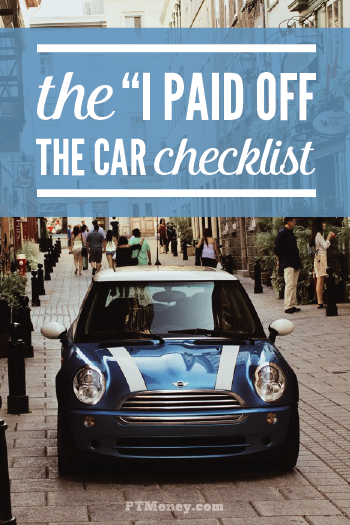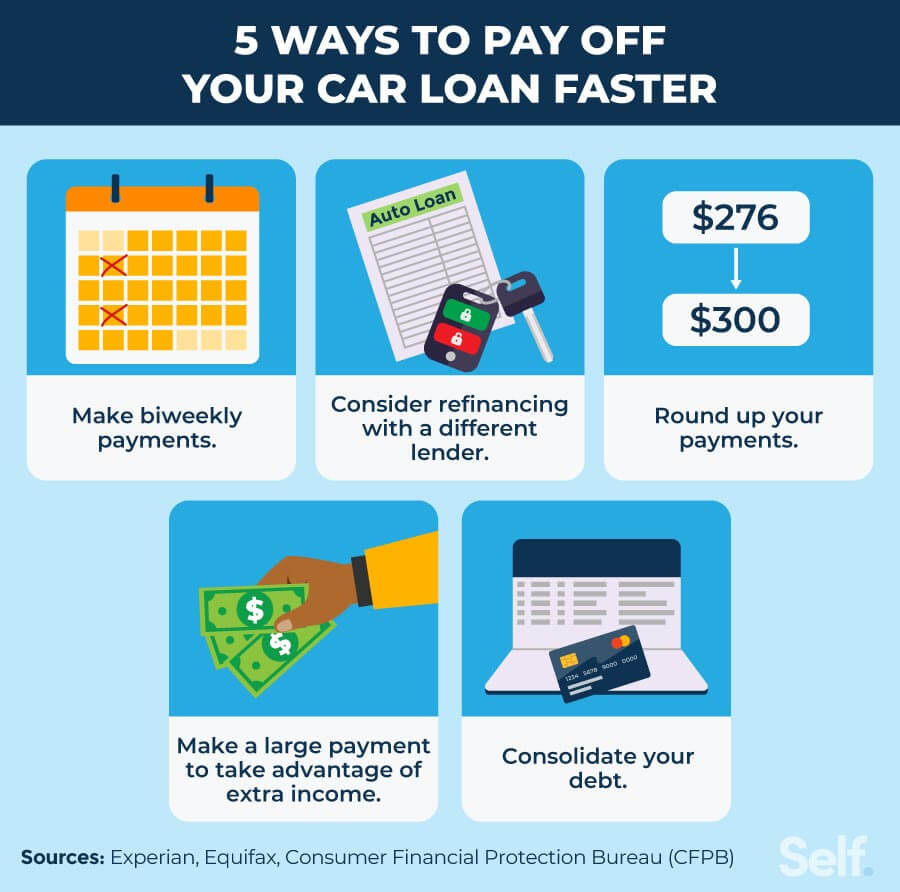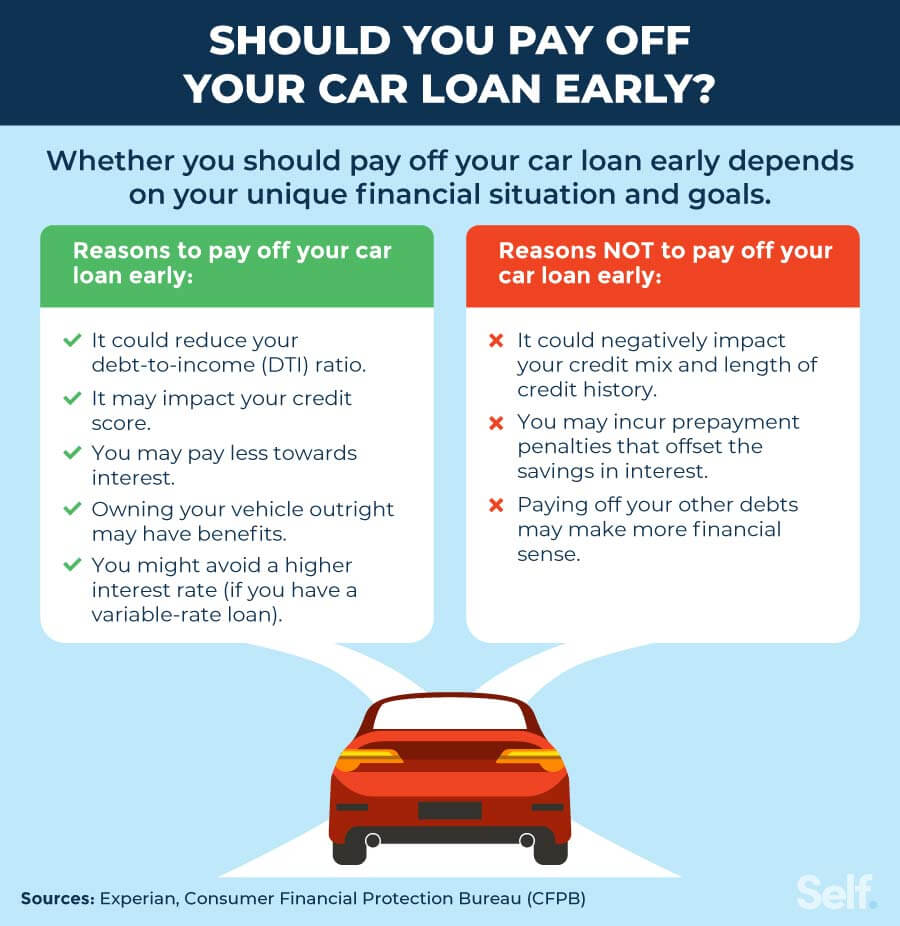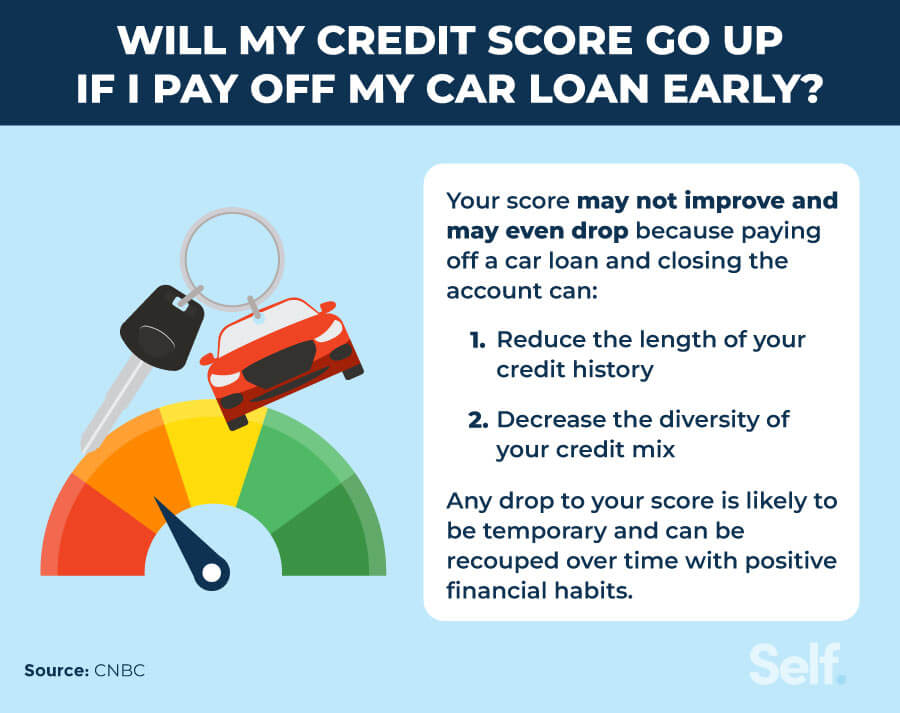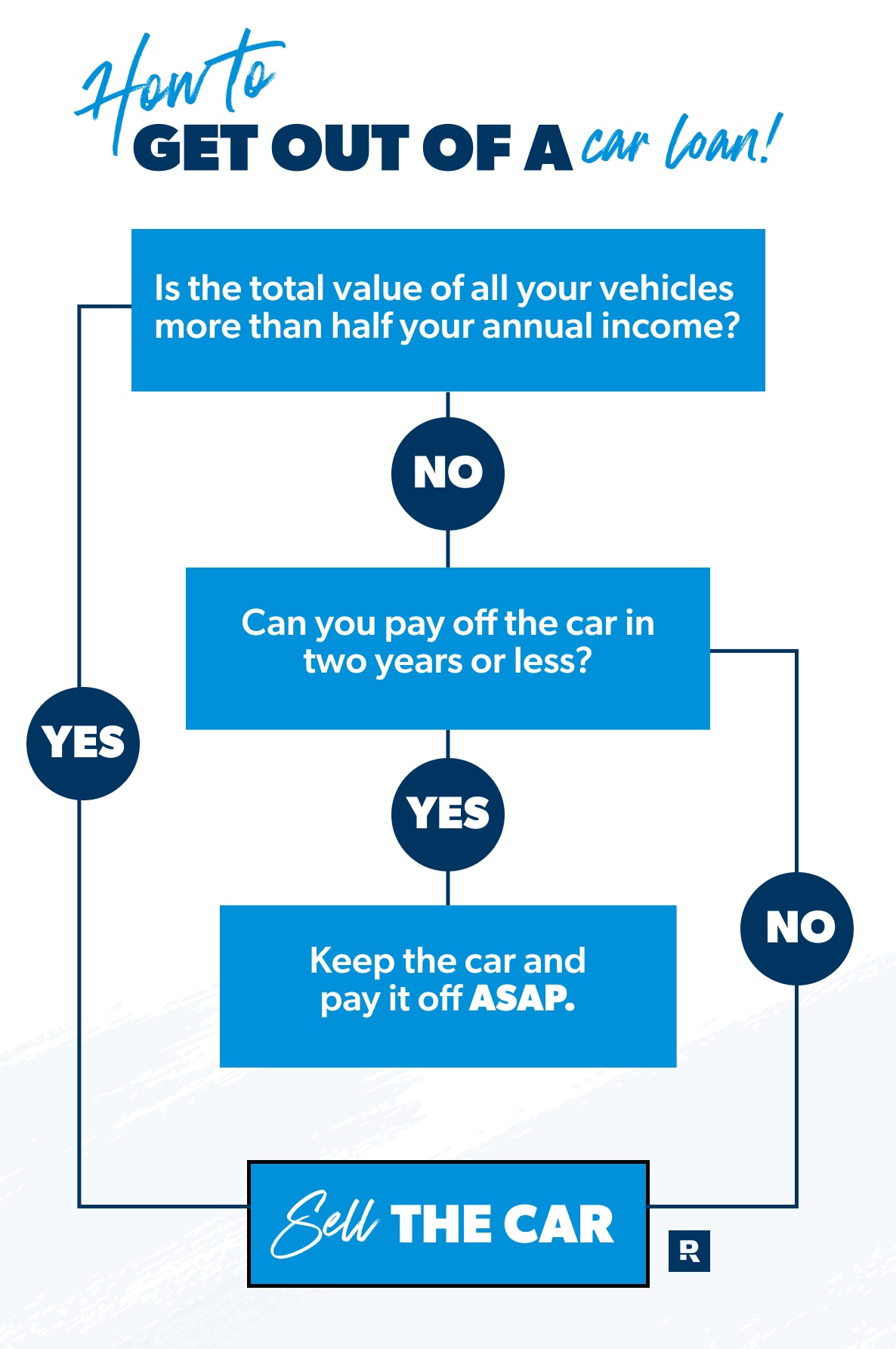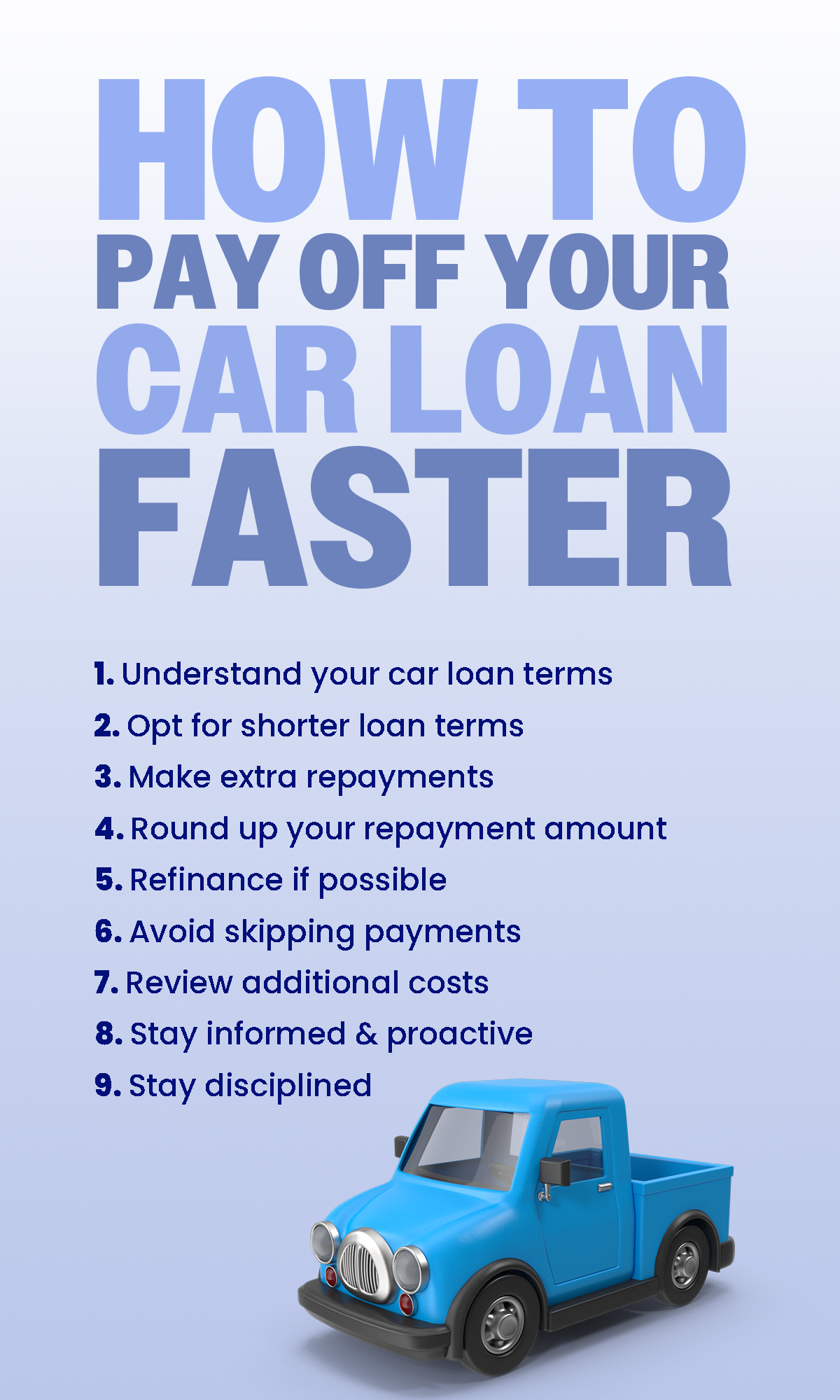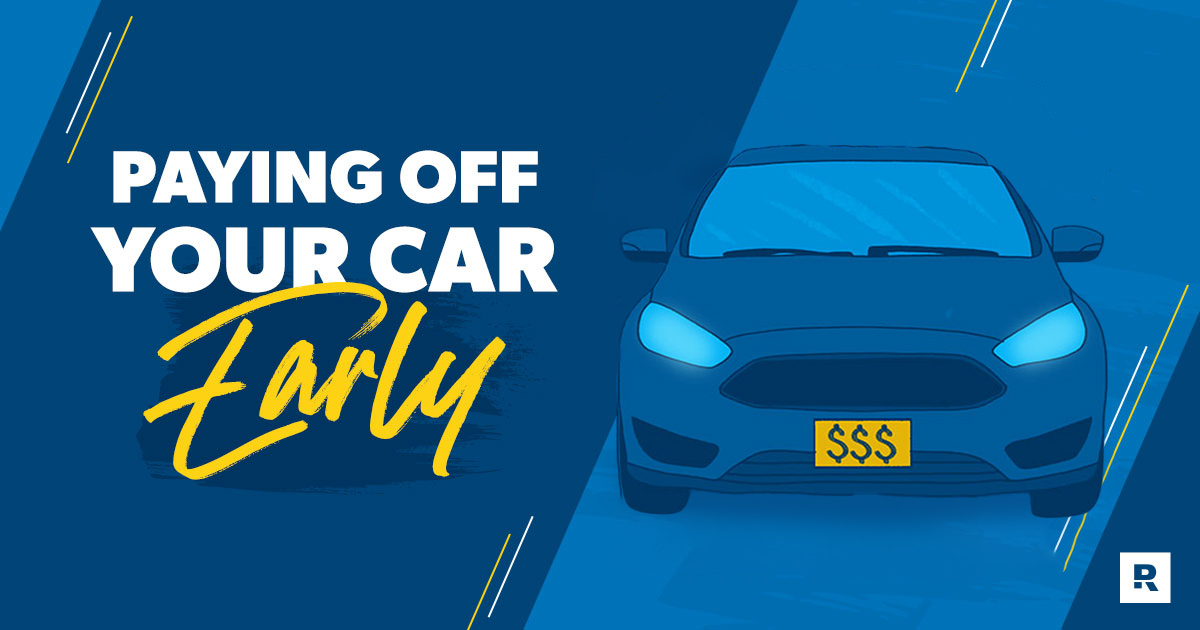What To Do After Paying Off Car

The final payment is made. The loan is officially closed. The weight on your shoulders, a constant reminder of monthly obligations, finally lifts. But the celebration of paying off your car loan shouldn't overshadow the crucial steps you need to take *after* that last payment clears.
This article delves into the practical and often overlooked actions required after achieving this significant financial milestone. We will explore the immediate paperwork, the potential financial strategies unlocked, and the long-term maintenance considerations to ensure your now-owned vehicle remains a reliable asset.
Securing Your Ownership
The very first step is to confirm your car is officially yours. This involves several key actions to ensure a smooth transfer of ownership and to protect yourself from future complications.
Obtain the Title
Contact your lender immediately. Request the official title of the vehicle. The Consumer Financial Protection Bureau (CFPB) emphasizes the importance of obtaining the title promptly to avoid potential delays or administrative hurdles.
Depending on your state, the lender will either mail the title directly to you or to your local Department of Motor Vehicles (DMV). Verify your address with the lender to ensure accurate delivery.
Once you receive the title, carefully inspect it for any errors. Report any discrepancies to the lender immediately to avoid potential problems when you need to sell or transfer the vehicle in the future.
Release the Lien
Even if you have the title, the lender may still have a lien on the vehicle. This means they have a legal claim to the car until the loan is fully satisfied. The lien release is usually printed on the title itself, or provided as a separate document.
If the lien release is on the title, you may need to submit the title to your local DMV to officially remove the lien from the vehicle's record. Contact your DMV for specific requirements in your state.
If you receive a separate lien release document, keep it in a safe place along with your title. You may need this document if you decide to sell the car or transfer ownership.
Notify Your Insurance Company
While you likely had full coverage insurance while the car was financed, now is a good time to re-evaluate your coverage needs. You may want to adjust your policy to reflect your current financial situation and risk tolerance.
Consider increasing your deductible to lower your monthly premium. However, ensure you can comfortably afford the higher deductible if you need to file a claim. The Insurance Information Institute (III) provides resources to help you understand your insurance options.
Financial Opportunities Unlocked
Paying off your car loan frees up a significant portion of your monthly budget. This newfound financial flexibility opens doors to various opportunities to improve your overall financial well-being.
Invest the Difference
Instead of simply absorbing the freed-up cash into your existing spending, consider investing it. Automate the amount you were previously paying on your car loan into a savings or investment account.
Contributing to a retirement account, such as a 401(k) or IRA, can significantly boost your long-term savings. Consider consulting with a financial advisor to determine the best investment strategy for your goals and risk tolerance.
Even small, consistent investments can compound over time. Take advantage of the power of compounding to build wealth and secure your financial future.
Pay Down Other Debt
If you have other outstanding debts, such as credit card balances or student loans, use the freed-up cash to accelerate your debt repayment. Prioritize high-interest debt to minimize the amount of interest you pay over time.
The snowball method, which involves paying off the smallest debt first, can provide a psychological boost and motivation to continue your debt repayment journey. Alternatively, the avalanche method, which focuses on the highest-interest debt, can save you more money in the long run.
Build an Emergency Fund
A well-funded emergency fund is crucial for unexpected expenses, such as medical bills or job loss. Aim to save at least three to six months' worth of living expenses in a readily accessible account.
Using the money you were previously paying on your car loan to build your emergency fund can provide a significant safety net and reduce financial stress. Having an emergency fund can prevent you from accumulating more debt when unexpected expenses arise.
Long-Term Maintenance Considerations
Now that you own your car outright, it's crucial to prioritize regular maintenance to keep it running smoothly and avoid costly repairs down the road. A proactive approach to maintenance can extend the life of your vehicle and protect your investment.
Follow the Maintenance Schedule
Refer to your owner's manual for the recommended maintenance schedule. This schedule outlines the specific services and inspections required at various mileage intervals.
Regular oil changes, tire rotations, and fluid checks are essential for maintaining your car's performance and preventing premature wear and tear. Neglecting these basic maintenance tasks can lead to more significant problems down the line.
Budget for Repairs
Even with regular maintenance, cars eventually require repairs. Set aside a dedicated fund for potential repairs to avoid being caught off guard by unexpected expenses. The average cost of car repairs can vary widely depending on the make and model of your vehicle.
Consider setting aside a small amount each month specifically for car repairs. This will help you avoid depleting your savings or resorting to high-interest loans when repairs are needed.
Consider Extended Warranty Options
Depending on the age and mileage of your car, an extended warranty may be worth considering. Extended warranties can provide coverage for unexpected repairs beyond the manufacturer's warranty period.
However, carefully review the terms and conditions of any extended warranty before purchasing it. Some warranties may have exclusions or limitations that could reduce their value.
Looking Ahead
Paying off your car is a major accomplishment that unlocks significant financial flexibility and control. By taking the necessary steps to secure your ownership, strategically allocating your freed-up cash, and prioritizing long-term maintenance, you can maximize the benefits of this achievement and set yourself up for a brighter financial future. Continue to practice responsible financial habits and your debt free car will contribute to your overall wealth.
